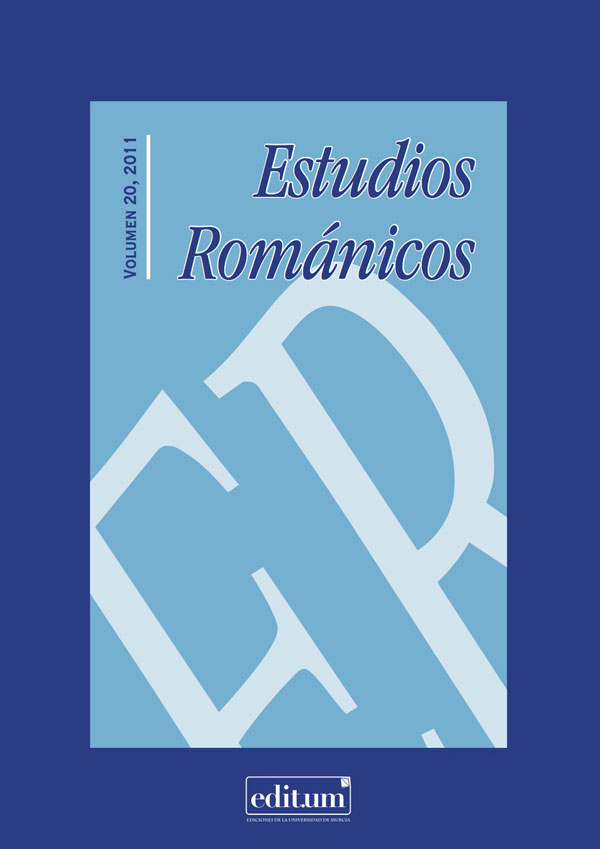Rhinocéros ou la fin heureuse
Abstract
Drama has always been a literary and artistic institution responding to social and popular aspirations. At all times, it has made use of metaphor as well as of the speech devoid of all stylistic artifice. It is sometimes crude, and at other times allegorical. Ionesco, in his «Rhinoceros» went for the second choice. He teemed his drama with creatures that emerged from the African or Asian jungle, whatever, in order to denounce the totalitarian propaganda and the molded spirit of the post world war II era. This article will question the text for answers about the mechanisms of the metamorphosis. The absurdity of this metamor- phosis is the reflection of the molting that man knows in his being and immanence. However, out of this state of crisis, a glimmer of hope will put the train back to trail. It is named Be- renger. The only one who survived the metamorphosis. From various readings reconciling the philosophical and the literary without forgetting the history of literature, we will be trying to put «Rhinoceros» into a swing to see how Ionesco went from the absurd situation of man to finish on a positive and optimistic note. Hence the title of our contribution.Downloads
Las obras que se publican en esta revista están sujetas a los siguientes términos:
1. El Servicio de Publicaciones de la Universidad de Murcia (la editorial) conserva los derechos patrimoniales (copyright) de las obras publicadas, y favorece y permite la reutilización de las mismas bajo la licencia de uso indicada en el punto 2.
2. Las obras se publican en la edición electrónica de la revista bajo una licencia Creative Commons Reconocimiento-NoComercial-SinObraDerivada 3.0 España (texto legal). Se pueden copiar, usar, difundir, transmitir y exponer públicamente, siempre que: i) se cite la autoría y la fuente original de su publicación (revista, editorial y URL de la obra); ii) no se usen para fines comerciales; iii) se mencione la existencia y especificaciones de esta licencia de uso.
3. Condiciones de auto-archivo. Se permite y se anima a los autores a difundir electrónicamente las versiones pre-print (versión antes de ser evaluada) y/o post-print (versión evaluada y aceptada para su publicación) de sus obras antes de su publicación, ya que favorece su circulación y difusión más temprana y con ello un posible aumento en su citación y alcance entre la comunidad académica. Color RoMEO: verde.












